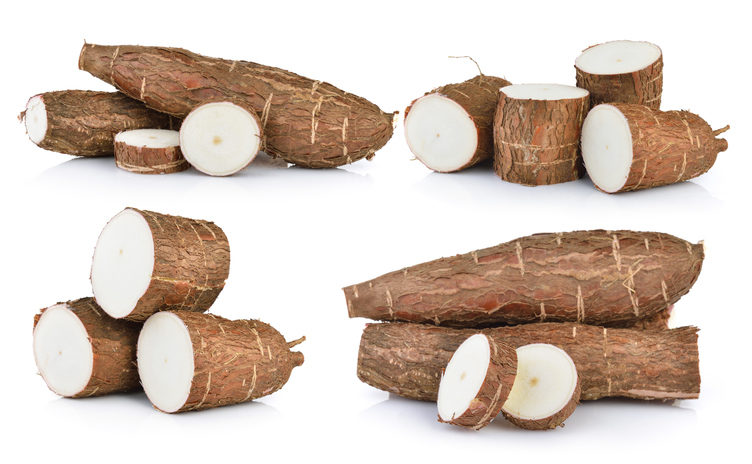Yucca was a staple plant to southwest Native Americans, who used the leaves in traditional ceremonies. The roots and the fruit were consumed, and the plant fiber itself was successfully braided into baskets and even shoes.
Throughout history, yucca has been prized for a variety of uses, including body care. It makes a great soap and shampoo because of its saponin, which is a gentle detergent that lathers when added to water. Yucca's fruit and flowers are high in carbohydrates, and the root is where many of the plant’s anti-inflammatory properties are found.
Today, we see information on yucca’s possible benefits in joint and muscle pain, stress support, immune support, and general well-being.As it has been used since at least the 1600s, many great success stories have been handed down for generations throughout history. (Chances are it was used long before this time, but written records of its use center around the 1600s.)
“Yucca is a medicinal plant which may have beneficial effects in the prevention and treatment of arthritis. Active components of yucca include steroidal saponins and polyphenolics such as resveratrol and yuccaols. Saponins may have anti-arthritic effects associated with their anti-protozoal activity” (1).
Children and pregnant or breastfeeding women should not use yucca supplements without doctor approval and supervision. There is no research on negative effects, but being cautious is the best protocol. In general, there are few side effects, but as with everything, natural or not, everyone reacts differently. Some possible sensitivities are stomach upset, bitter taste in the mouth, or vomiting.
Yucca is available in topical forms, including soaps, and lotions. Internally, it is used in teas, tinctures, capsules, tablets, powders, and blended condition-specific formulations.
Reference
- Anti-Inflammatory and anti-arthritic effects of yucca schidigera. National Library of Science. PubMed Central PMCID:PMC 1440857 PMID 16571135










